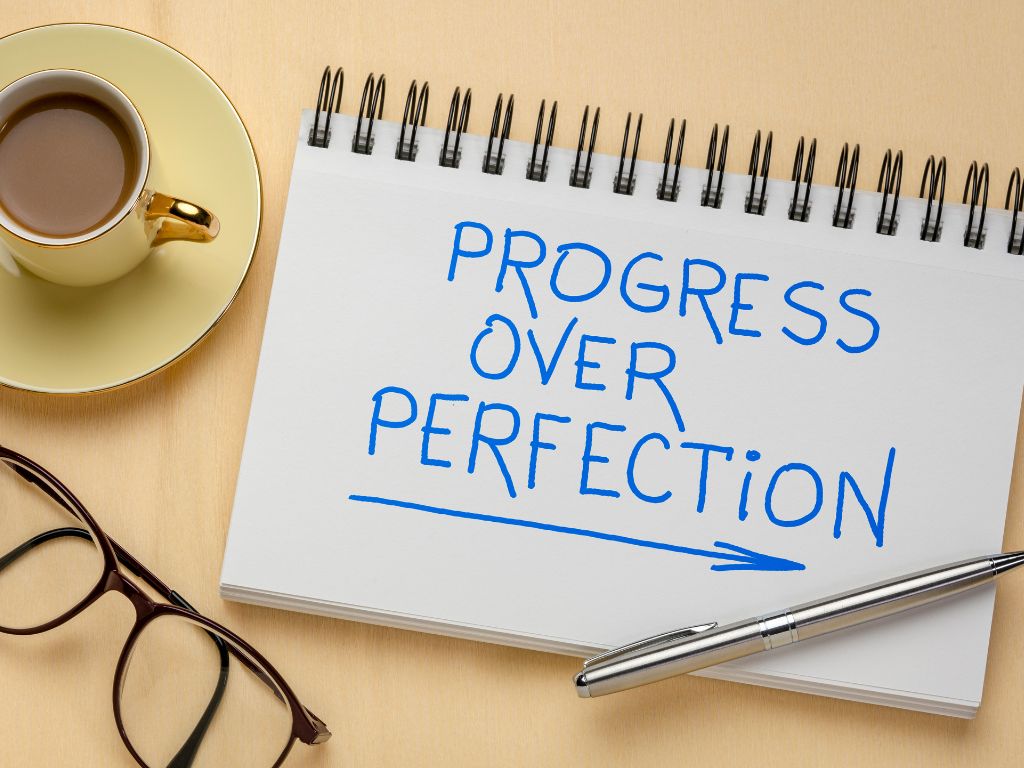The pursuit of perfection is a double-edged sword. Perfectionism is just procrastination in disguise – and procrastination will kill a product release stone dead.
You see this happen all the time in software, and unfortunately, Edtech is no exception. Companies aim to only release a 100% perfect product because they fall into one of these traps:
1. They honestly believe they can create an amazing solution through ‘thinking things up’ in their office/bedroom/ivory tower. What they need to do is get their solution out into the real world to see if it meets the customers’ needs.
2. They’re scared of messing up so spend a lot of time strategizing to try and ensure they don’t fail at all.
The truth is that perfectionism is bad for business. Waiting endlessly for the perfect solution not only hinders progress but also opens the door for competitors to gain an edge.
The Pitfall of Perfection: Businesses risk losing valuable time that could be spent gaining insights and refining their products by only striving for perfection. While it’s natural to want to deliver excellence, the reality is that waiting for perfection allows competitors to swoop in, gather feedback, make improvements, and potentially dominate the market.
The MVP Advantage: Enter the Minimum Viable Product (MVP). Instead of aiming for perfection behind closed doors, releasing an MVP allows you to bring your solution to market quickly. This initial version may not be flawless, but it opens the channels for crucial customer feedback.
Listening to Your Customers: The beauty of the MVP approach lies in its inherent openness to customer input. Launching a basic version of your product invites users to share their experiences, preferences, and suggestions. Your customers become invaluable collaborators, guiding the iterative process and steering your product towards perfection based on real-world needs.
Competitive Edge Through Iteration: While perfectionism breeds stagnation, embracing an iterative approach propels your business forward. By consistently releasing improved versions based on customer feedback, you stay ahead of the competition. Your responsiveness to user needs positions you as a dynamic force in the market, ready to adapt and deliver what customers truly want.
Embrace imperfection, release your MVP, and let your customers be the architects of perfection!



